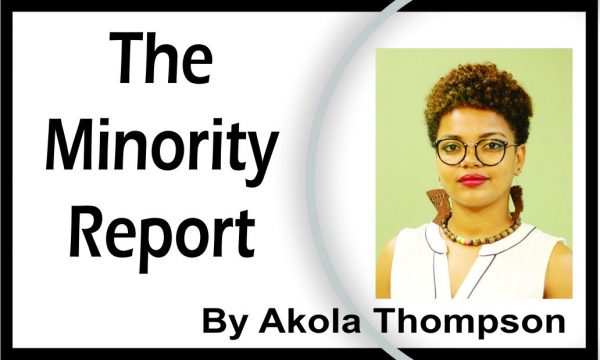 With regional and international movements such as #lifeinleggings and #metoo, gaining traction in recent years, the taboo topic of sexual assault (SA) is one that is now more openly discussed. This has resulted in many survivors feeling a bit more emboldened to share and report their experiences. Along with this progressive shift however, there also came heavy pushback from those who believe that increased reporting of SA is somehow a step back for men. The popular narrative being sold is that women will now be able to “destroy” the lives of men through false allegations. I find it quite an interesting narrative, just because of the sheer force with which many men wholeheartedly buy into the idea.
With regional and international movements such as #lifeinleggings and #metoo, gaining traction in recent years, the taboo topic of sexual assault (SA) is one that is now more openly discussed. This has resulted in many survivors feeling a bit more emboldened to share and report their experiences. Along with this progressive shift however, there also came heavy pushback from those who believe that increased reporting of SA is somehow a step back for men. The popular narrative being sold is that women will now be able to “destroy” the lives of men through false allegations. I find it quite an interesting narrative, just because of the sheer force with which many men wholeheartedly buy into the idea.
One of the first things to note is that false reports of SA are much less common than is estimated. Much like with any other crime, they do occur, but poorly understood dynamics of SA, common tropes and sensationalization of false reports in the media has resulted in it taking on a much larger form than is the reality. Various researches done on false SA reports have consistently found that they fall between the ranges of 2% to 10%. These rates are in keeping with false reports stats for other types of crimes.
The percentage of false SA reports however, need to be looked at critically as they do not mean that reports have been made with malicious intent. Many SA reports are categorised as false for a variety of reasons, such as there not being enough evidence, a survivor dropping the case after the report, or if the police determine that the survivor is not someone who is credible. Dropped charges are often used as an indicator that the report was false, but dropped charges do not mean an assault did not happen. Many survivors just would rather not have to deal with ongoing harassment and the consequences the reporting and trial process will have on their lives. These social and systemic barriers are amongst the reasons that an estimated 63% of SA cases are never reported to the police (Rennison, 2002).
When false reports do occur, they are incredibly harmful, not only to those who find themselves on the accused end, but also for survivors of SA who find themselves on the receiving end of increased stereotypes and disbelief as a result. Dropped charges are often used as an indicator that the report was false, but dropped charges do not mean an assault did not happen. Many survivors just would rather not have to deal with ongoing harassment and the consequences the reporting and trial process will have on their lives. These social and systemic barriers are amongst the reasons that an estimated 63% of SA cases are never reported to the police (Rennison, 2002).
The distaste for the call to “believe women,’’ has contributed towards a knee-jerk reaction to dismiss women’s accounts on the off-chance that they are lying with the intent to harm a man. The reality is that men’s lives are rarely ruined on account of false reports as they are often rallied around, supported and their social and professional standing remains intact. For those who report cases of SA however, it is usually the reverse, wherein they are disbelieved, attacked, ridiculed, and lose opportunities. Reporting can be an extremely traumatic experience for survivors, and with conviction rates of SA remaining consistently low, it is illogical to believe that many women would willingly go through the public backlash, lengthy trials, and putting time and money into a false report because they might’ve felt slighted by a man.
With SA being such a heavily gendered crime, the responses towards the reporting of it is often steeped in tropes regarding the untrustworthiness and unreliability of women. What I always find curious though, is how men will empathise more with a perpetrator of SA than with the survivor. Why constantly place yourself in the perpetrator’s shoes? SA is not something that you’re going to get caught doing by accident. So in doing the right thing, you will likely be safe from allegations, because as mentioned earlier, the rates of false reports are extremely low.
It is understandable that men feel anxiety about false reports of SA, but that anxiety isn’t necessarily a bad thing. What it will cause them to do is be more reflective and conscious of the way in which they interact with women. That fear can actually trigger behavioural change in some who have never had to think about how their actions were being coercive or predatory. It is an opportunity for men to reflect on their sexual practises and ideas surrounding consent. This is not to say that all men perpetrate SA (as the #notallmen camp stay sharp), but many men do not understand how their behaviours are problematic. The taboo nature of these topics can see them going through life without sparing a thought to it, much less discussing it and adjusting their behaviours.
